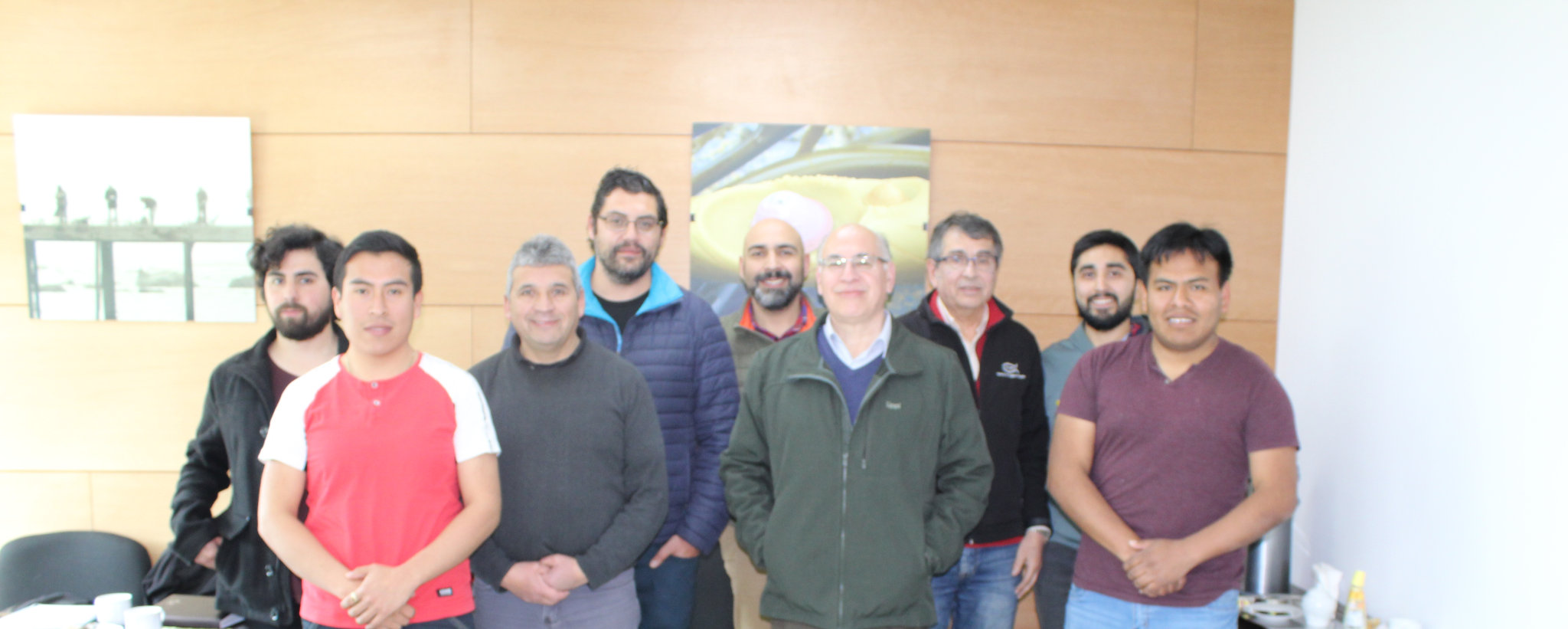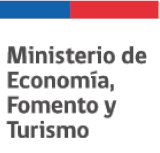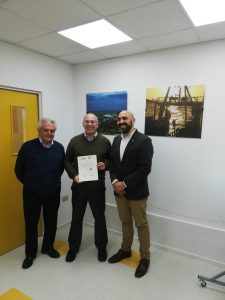
With presence of Science Faculty researchers, Sustainable Environments Research Center (CIBAS-UCSC), Fisheries Development Institute (IFOP), Universidad de la Laguna from Spain and UCSC Master in Marine Ecology Program graduates and Biodiversity and Biorecourse Doctorate mention in Sciences, the second part of the workshop “Importance of biochemical composition, fatty acid profile and mitochondrial markers was carried out to determine Humboldt Marine Ecosystem fishery resources nutritional and reproductive status ”which was carried out last week at UCSC Faculty of Science Postgraduate Building.
This instance allowed to share and enhance scientific knowledge generated in “Monitoring Program of IFOP Main National Fisheries. Fishery Highly Migratory Resources. Biological-Fisheries Aspects ”framework project, since collaborative scientific research is carried out in which information is analyzed at the individual level of transzonal and highly migratory oceanic fish, in which Dr. Ángel Urzúa, Faculty of Sciences Academic and Researcher at CIBAS-UCSC is a principal investigator and maintains a line of research in these areas.
The presentations during the workshop consisted of the review of ecological, fishing and biological theory for the interpretation of scientific results of national fisheries. Presentations such as “Physiological applications of metabolic monitoring of marked fatty acids in marine animals”, “reproductive aspects of highly migratory resources”, “fatty acid profiles of marine invertebrates” and “statistical analysis with R statistical software” were made at the workshop. among others.
Patricio Barría, IFOP Senior Researcher from Valparaíso, explained that “the presentations have consisted of scientific reviews that analyze fishing exploitation main effects and mechanisms on various fisheries worldwide, so that this theoretical knowledge allows to identify and explain similar effects that occur in national fisheries. ” Regarding his appreciation of the workshop, the researcher argues that “it has been a very interesting day, in which national and foreign researchers with considerable experience as senior researchers, also recently graduated researchers, and postgraduate students in training have participated; during the discussions of the exhibitions an important transfer of knowledge has been generated. The fundamental thing of every scientific community is to develop in a space of freedom where all ideas are expressed and confronted with the best scientific arguments, respecting people, so that we can all learn from this interaction ”. In addition, he explains that “instances of this type allow to deepen the application of the scientific method in fisheries and the application of the statistical method for the analysis of the results of fisheries that are generated in IFOP and in biological studies carried out in the UCSC”.
It should be noted that all participants were certified and it is expected to maintain this interaction which generates synergies between the researchers participating in the project, which culminates in 2022.
Source: IFOP / UCSC





